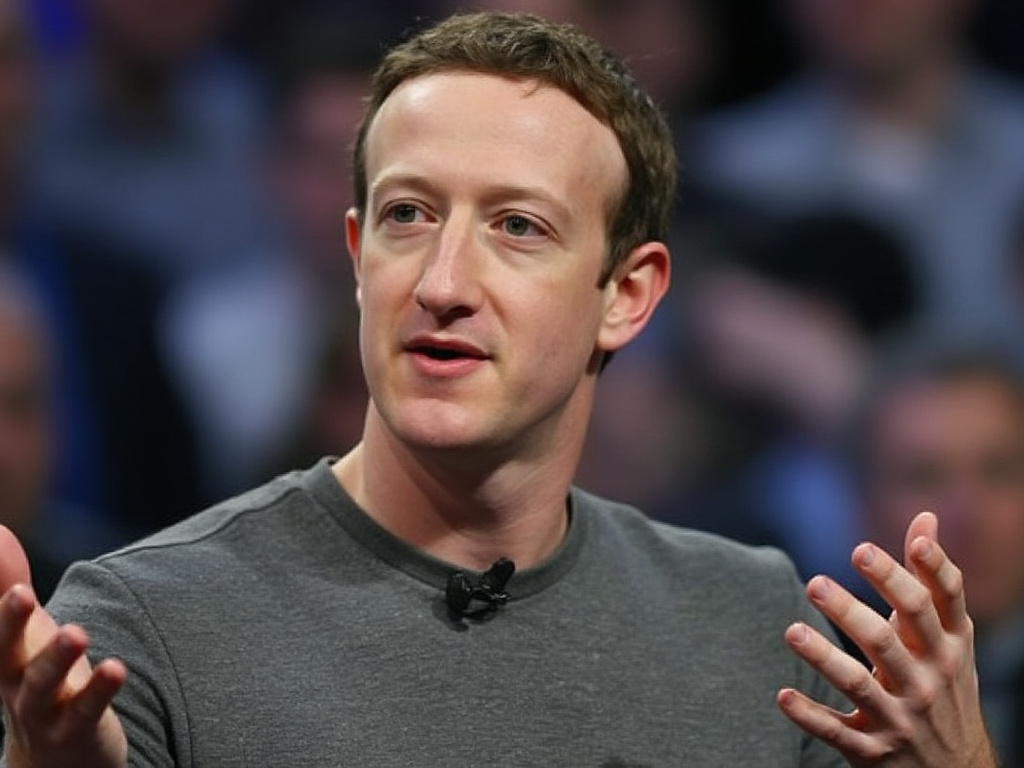In an unexpected twist that could reshape the semiconductor industry, Qualcomm is reportedly exploring the possibility of a takeover bid for Intel. This development has sent shockwaves through the tech world, given that both companies are titans in their respective fields. A merger of this magnitude would have wide-ranging implications for the global semiconductor market, 5G technology, and the future of computing. Let’s explore what this potential deal means for both companies and the industry at large.
Qualcomm: A Wireless Technology Giant
Qualcomm has long been a dominant player in wireless technologies, with its chipsets being crucial in the development of smartphones, 5G networks, and other wireless communications infrastructure. The company has capitalized on the global expansion of mobile technology, driving innovation in both hardware and software. Qualcomm’s success in 5G technology, in particular, has solidified its position as a global leader in the semiconductor space. Its flagship Snapdragon processors are used in a wide range of smartphones, powering devices from leading manufacturers such as Samsung, Xiaomi, and others.
With the rise of the Internet of Things (IoT) and autonomous vehicles, Qualcomm has also expanded its scope, diversifying its portfolio to capture new growth areas. However, despite its impressive foothold in the wireless space, Qualcomm has faced challenges from competitors like MediaTek and from broader economic shifts in the tech industry.
Intel: A Legacy in Computing Chips
Intel, on the other hand, has been synonymous with computing chips for decades. Known primarily for its dominance in PC and server processors, Intel has faced increasing pressure in recent years. Competitors such as AMD have gained market share with innovative products, and Intel has struggled to keep up in certain areas, particularly in the race to 7nm and 5nm process nodes.
Intel’s challenges have also extended beyond product innovation. The company has grappled with supply chain issues, delays in production, and a gradual decline in its dominance in the chip-making industry. While it still holds significant market share in data center processors, its role as the premier chipmaker has been threatened by companies like Taiwan Semiconductor Manufacturing Company (TSMC), AMD, and NVIDIA.
The Potential Benefits of a Merger
A Qualcomm-Intel merger would be one of the largest deals in tech history and would have far-reaching consequences. Qualcomm could leverage Intel’s expertise in processor manufacturing to bolster its position in computing chips, which are critical not just for personal computers but also for high-performance computing in data centers and AI-driven devices. Intel’s extensive experience in manufacturing and its global infrastructure would give Qualcomm a significant edge in the hardware space.
For Intel, the deal could provide much-needed innovation and fresh leadership. Qualcomm’s strength in 5G and wireless technologies would help Intel pivot into newer markets and better compete with companies like NVIDIA and AMD, both of which have made significant strides in AI and cloud computing. Moreover, Qualcomm’s nimbleness and expertise in mobile technology could accelerate Intel’s ongoing transformation into a company less reliant on traditional CPU sales.
Industry Implications: Regulatory Hurdles and Competitor Response
While the potential benefits of a Qualcomm-Intel merger are immense, there are significant challenges ahead. First and foremost, regulators across the globe would likely scrutinize such a merger for antitrust concerns. Both companies hold dominant positions in their respective markets, and a merger of this size would trigger regulatory reviews in the U.S., Europe, and Asia. Ensuring fair competition in the semiconductor space, particularly in key areas like 5G and data center processing, will be a critical factor in whether this deal goes through.
Competitors, particularly AMD, NVIDIA, and TSMC, would likely react strongly to any news of a merger. Such a deal would create a formidable force that could upend the current competitive landscape in the semiconductor industry. With Qualcomm and Intel combining their strengths, rivals may need to rethink their strategies and consider new partnerships or acquisitions to keep up with the increased scale and technological prowess of a merged entity.
Strategic Considerations: What’s at Stake?
There are still many unanswered questions surrounding the rumored takeover. Qualcomm would need to evaluate Intel’s current challenges and the costs involved in revamping Intel’s manufacturing processes. Similarly, Intel would need to weigh the potential cultural and operational hurdles that come with being acquired by another tech giant.
Timing will also play a critical role. The semiconductor industry is facing global supply chain constraints, and both Qualcomm and Intel are looking to position themselves as leaders in the post-pandemic economy. Integrating the two companies could be a complex process, but if executed correctly, it could provide a competitive advantage that would last for years.
Conclusion: A Deal to Watch
The idea of Qualcomm pursuing a takeover bid for Intel is still in its early stages, and it remains unclear whether the deal will come to fruition. However, the very prospect of this merger signals a shift in the semiconductor industry, where companies are looking for ways to consolidate power and remain competitive in a fast-evolving market. Should the merger proceed, it would undoubtedly alter the dynamics of the global technology landscape, reshaping everything from mobile communications to data center processing.
For now, industry observers and stakeholders will be closely watching to see if Qualcomm can pull off what could become one of the largest and most transformative deals in tech history.



